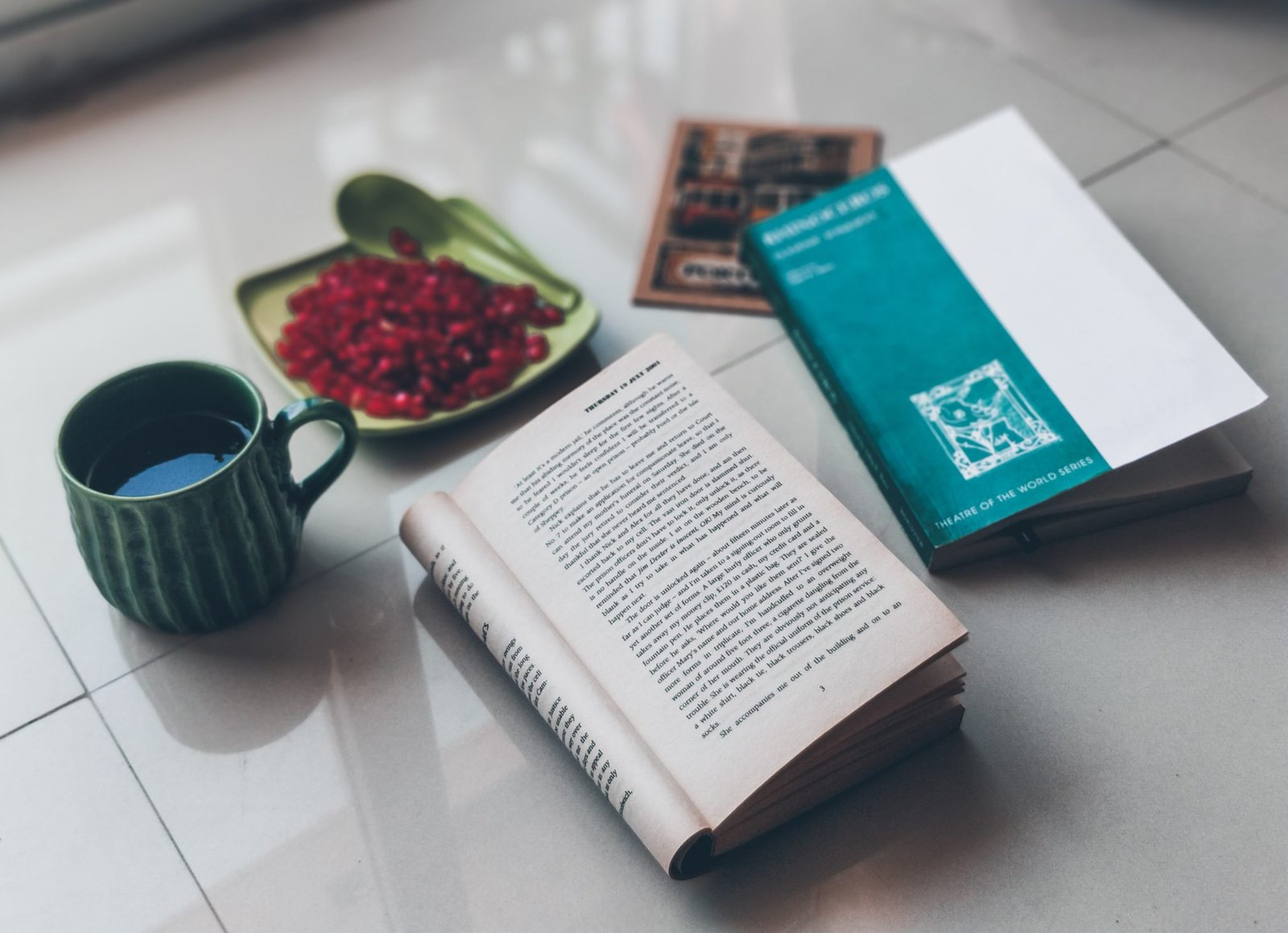Since I recently shared a post about digital reading, I’ve received a few questions asking how I annotate e-books. This is a valid question. And a common challenge when it comes to digital reading. However, as you dive deeper into the world of digital reading, you’ll likely find yourself wanting to reduce your physical book purchases. Both due to space and cost constraints. E-books offer the advantages of affordability and taking up no physical space.
Regarding annotations, when I read paperbacks, I employ the color-tab method, where I assign a specific color to each idea or section and make use of the margins to make notes. In the similar manner, Kindle allows you to highlight text in various colors and provides a dedicated section for each book where you can review your bookmarked or highlighted sections. Using different colors to highlight helps my brain understand and organize the highlighted sections more effectively when I revisit them, even in the digital space.
In addition to this, I maintain a commonplace book where I diligently jot down anything I read and believe could be useful in the future, whether it’s for writing a paper, developing an idea, or enhancing my teaching and learning experiences. This proactive approach ensures that I extract maximum value from my reading materials.
I previously mentioned the use of Open Library in one of my blogs. Open Library unfortunately doesn’t permit annotations or highlighting. However, the wealth of free editions it offers outweighs this limitation. When reading from the open library, I rely on my reading journal to capture my insights. This combination of techniques allows me to engage deeply with the content even without in-book annotations.
It’s important to note that not annotating directly within the book margins can actually lead to becoming a more attentive and engaged reader in a different way. This shifts the task of annotating to making notes. Which demands a bit more effort, making you an even more active reader.
I believe that one should not be afraid of not being able to annotate within the book. In any case, as a scholar, it’s crucial to cultivate the habit of reading borrowed books or e-books and diligently maintaining one’s own extensive notes and annotations, outside the main copy of the text. This approach not only aids in comprehending the material but also promotes critical thinking.
Lately, I’ve been reading “A History of Literary Criticism” by M. A. R. Habib. Given its theoretical nature and substantial size, I’ve adopted a digital approach to preserve my reading notes. I maintain a Google Doc where I simplify the content by creating concise summaries of each paragraph. I also jot down key points that I intend to revisit later. This strategy transforms the 800-page book into an easily manageable 80-page Google Doc, making the revisiting task much more convenient.
Google Docs offers the advantage of structuring the document with headlines and sub-headlines. This creates a well-organized navigation panel. When you access the navigation panel on the left side of your Google Doc, it provides a seamless way to navigate through the document. Thereby enhancing the overall reading and revisiting experience.
In simpler terms, Here’s how
I take notes and annotate e-books:
- I use different colors to highlight text if the digital reading app supports it. This helps me visually distinguish my notes when I revisit those sections. If I am reading a book in PDF format I make use of the margins, as I would for a physical copy.
- I keep a reading journal or commonplace book to jot down detailed notes while reading. The act of writing enhances my engagement with the material.
- I use digital tools like Google Docs, Excel, and Evernote to digitally record what I’m reading for easy reference. This approach ensures that I have a well-organized and searchable repository of my reading notes and insights. It makes the learning process more efficient.
If you have additional suggestions on how one can annotate e-books, please share them with me. I’m relatively new to the digital realm and would greatly appreciate your insights.
Happy Annotating!

